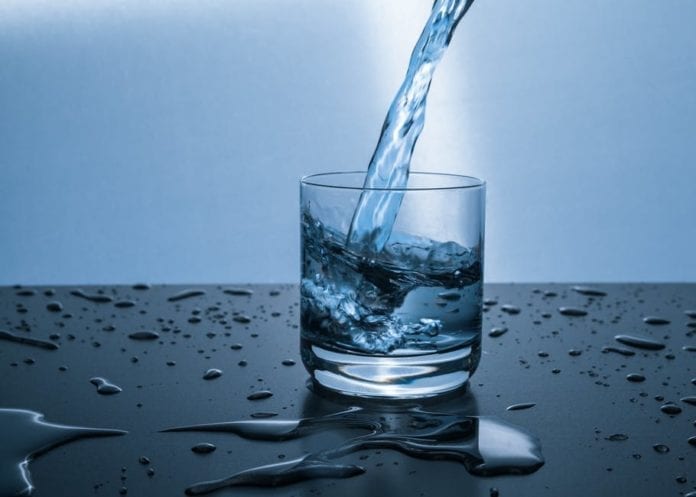The province is calling on Vancouver Island residents and businesses to conserve water as severe drought conditions take hold.
With a low spring rainfall and extreme heat and record high temperatures hammering the Island, drought conditions at the East Vancouver Island Basin have been raised to level 4.
The scale for drought levels goes as high as 5, when severe and adverse impacts to socio-economic or ecosystem values being almost certain.
At drought level 4, adverse impacts on people and ecosystems are likely. As such, the province says they are urging people across the region to conserve water.
Watersheds such as the Chemainus River, Black Creek and Koksilah River have been highlighted as areas of particular concern, as well as the majority of the Gulf Islands.
The West Vancouver Island Basin is currently under drought level 3. This level of drought can cause adverse impacts to fish, water users or ecosystems.
Under these conditions, residential, agricultural and industrial water users are being urged to take aggressive conservation action.
At home, residents should limit outdoor watering, avoid watering during the heat of the day, take shorter showers and avoid leaving taps running.
Farmers can improve water system efficiencies and repair leaks, focus their water on high-value crops and livestock, and schedule irrigation to match crop needs and soil storage capacity.
Lastly, industrial businesses should recycle water used in their operations, and pursue water-efficient methods and equipment.
Scientists have repeatedly predicted and linked prolonged, more frequent extreme weather events to climate change.
UVic climatologist Faron Anslow says that the recent heat wave shows the need for people to take these events seriously.
“We knew ahead of time that this was going to be a hot one, yet we were still caught unprepared in terms of mitigating human impact,” says Anslow.
“We need to emphasize while the economic costs of changing our GHGs are very large, the costs of doing nothing are much, much larger and longer lasting.”


